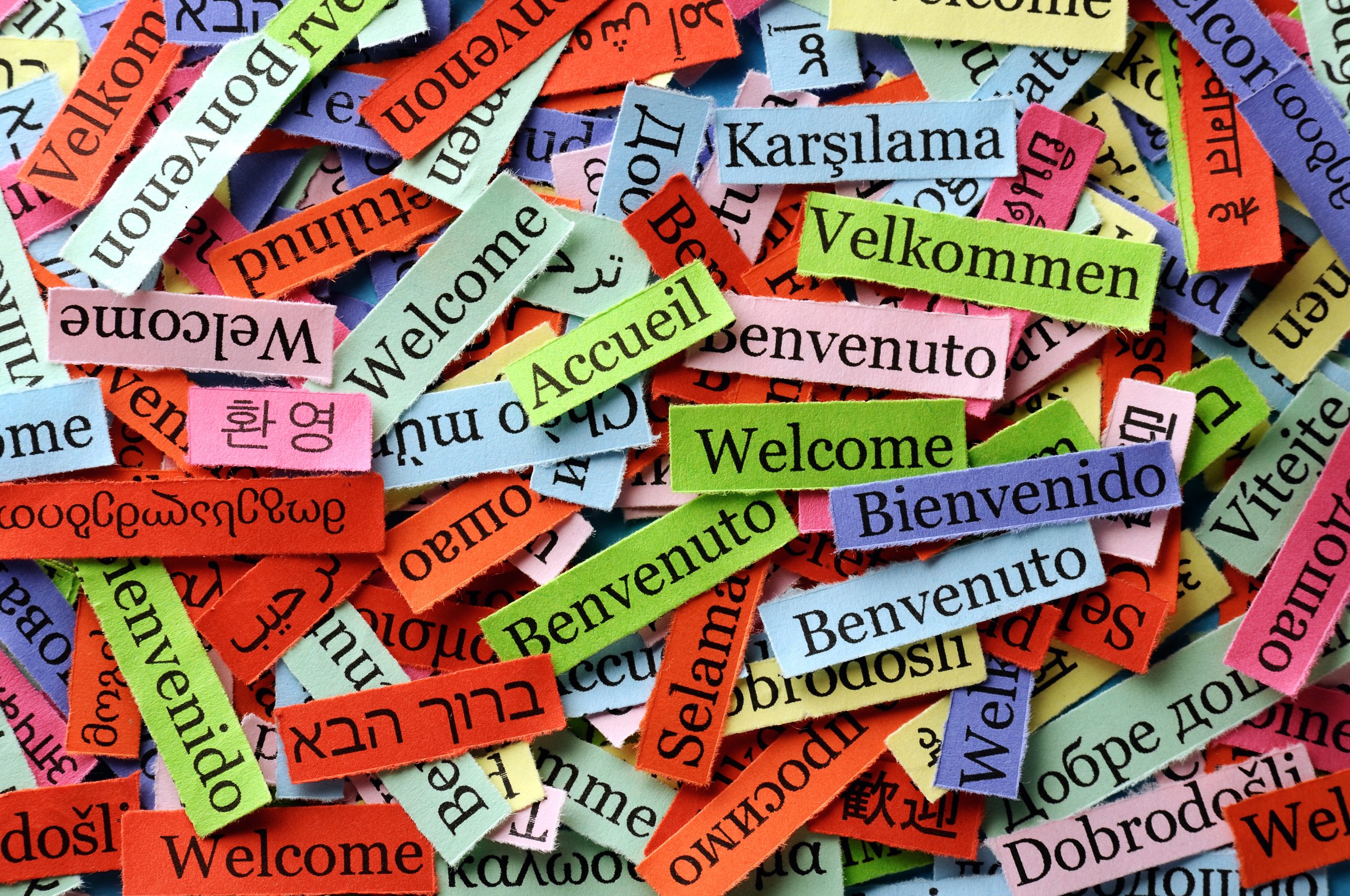by Stas Ghiletchi, Local Correspondent from Moldova
On 11 December 2020, Chisinau received the certificate for joining the United Nations Office for Disaster Risk Reductions flagship initiative Making Cities Resilient 2030 (MCR 2030). Chisinau is the first city from Moldova to join the initiative and the first one to use the Disaster Resilience Scorecard to evaluate urban resilience indicators and identify specific gaps in the city’s resilience. The evaluation will allow Chisinau to monitor and review progress and challenges in the implementation of future resilience strategies. The overall goal of the initiative is to help cities be better prepared to face any challenges as a result of disasters.
Chisinau’s objectives within MCR 2030:
 Developing countries suffer disproportionally from the impacts of disasters. Low levels of preparedness, ineffectiveness of early warning systems and poor infrastructure are some of the main factors that contribute to the negative impacts of disasters. Covid-19 actually underlined the weaknesses in disaster preparedness and response. At the initial stage of the pandemic, Chisinau did not have any practical plans in place that would describe the immediate actions that need to be undertaken by various public institutions in order to ensure a proper response to the pandemic. But this specific preparedness is one of the things that governments are for. Thus, these specific steps taken by Chisinau to increase its resilience represent a positive development. Investment in resilience saves lives and, research from other cities shows that this can be more cost effective than paying for restoration after a disaster happens. It is not easy to coordinate resilience investments efforts, especially when it is hard to quantify what would have been the impact without the implemented resilience building actions. But despite this challenge, it is essential to identify innovative financing solutions that would ensure that all buildings and infrastructure within the city are prepared to face various disasters.
Developing countries suffer disproportionally from the impacts of disasters. Low levels of preparedness, ineffectiveness of early warning systems and poor infrastructure are some of the main factors that contribute to the negative impacts of disasters. Covid-19 actually underlined the weaknesses in disaster preparedness and response. At the initial stage of the pandemic, Chisinau did not have any practical plans in place that would describe the immediate actions that need to be undertaken by various public institutions in order to ensure a proper response to the pandemic. But this specific preparedness is one of the things that governments are for. Thus, these specific steps taken by Chisinau to increase its resilience represent a positive development. Investment in resilience saves lives and, research from other cities shows that this can be more cost effective than paying for restoration after a disaster happens. It is not easy to coordinate resilience investments efforts, especially when it is hard to quantify what would have been the impact without the implemented resilience building actions. But despite this challenge, it is essential to identify innovative financing solutions that would ensure that all buildings and infrastructure within the city are prepared to face various disasters.
Although the population in Moldova continues to decline (due to a low birth rate and migration to the EU and other countries) Chisinau’s population has been growing for the past 10 years and will continue to grow in the next decade as well. The increase in population means increase in apartment buildings and significant pressure for the infrastructure which is aging and already under significant stress. Transport, energy, water supplies, and communications are in desperate need of investment. Investment is not needed only for modernization of the infrastructure but is needed to protect it from hazards and adjusting to the effects of future climate change.
One of the strengths of the MCR2030 is the collaboration between the cities that facilitate knowledge sharing, innovative learning and collective creativity. Participation in the programme will allow Chisinau Municipality to learn from other cities. But at the same time, hopefully, Chisinau will serve as an example for other cities from Moldova and the nearby regions. Resilience cannot be fully achieved alone, and it requires regional and international cooperation as well.
Resilience is a long journey filled with challenges and difficulties. But this should not serve as a deterrent, but as a motivation to do more for our citizens, business and neighbourhoods. Thus, hopefully, by focusing more on resilient urban design and resilient infrastructure, Chisinau will manage to increase its response capacity and will be better prepared to confront climate change.
This article was produced by Stas Ghiletchi, the Project’s local correspondent and EaP Civil Society Fellow from Moldova in the framework of the EU-funded ‘Eastern Partnership Civil Society Facility – Regional Actions’ Project. Its contents are the sole responsibility of Stas Ghiletchi and do not necessarily reflect the views of the European Union or the Project.
Read more about our local correspondents here.








